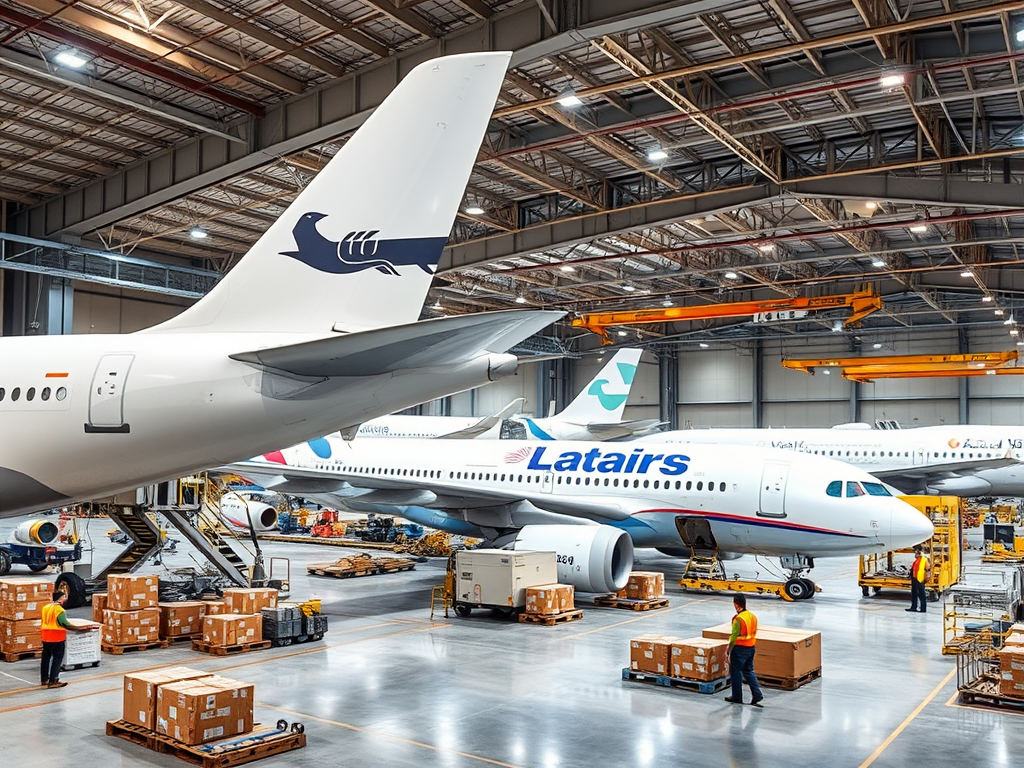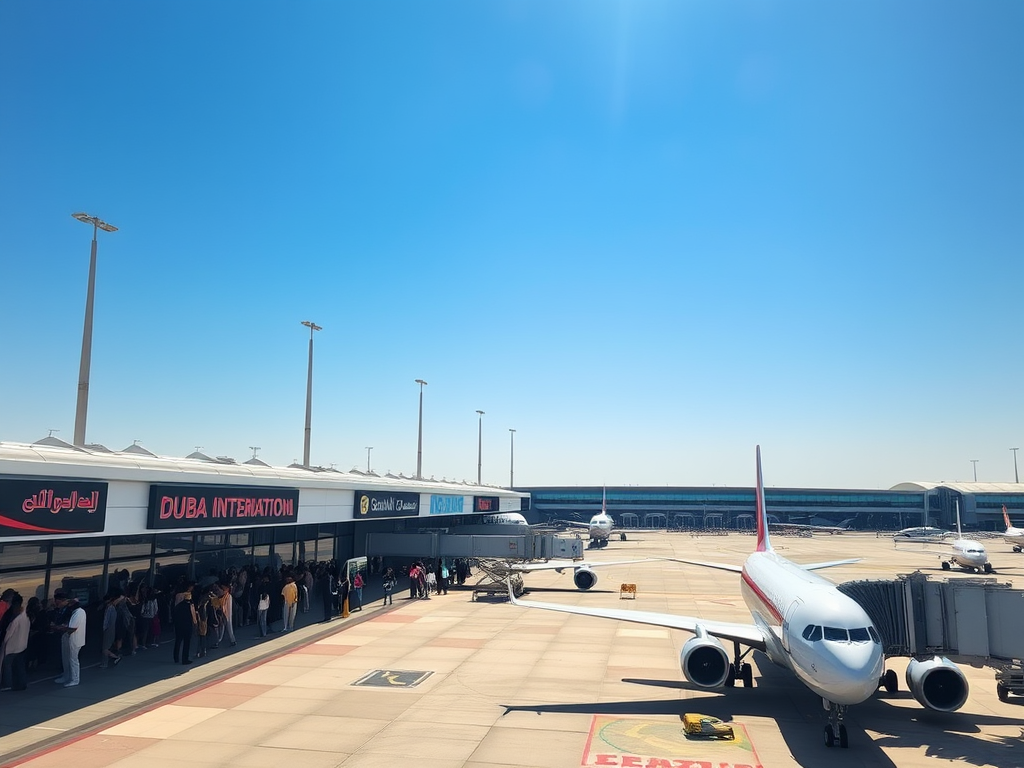Investing in Dubai’s aviation sector presents a wealth of opportunities due to the emirate’s strategic location, advanced infrastructure, and government support. With Emirates Airlines and Dubai International Airport being pivotal players in global aviation, the sector is poised for continued growth post-pandemic. This article delves into critical insights that potential investors should consider to effectively navigate and capitalize on this dynamic market.
The Strategic Importance of Dubai’s Location

Dubai is uniquely positioned at the crossroads of Europe, Asia, and Africa, making it a vital hub for international travel and commerce. This geographical advantage allows for:
- Direct access to over 2.5 billion people within a four-hour flight.
- Increased cargo and freight opportunities due to a strong logistics infrastructure.
- Fast-growing tourism, with millions visiting for both leisure and business annually.
The government has invested significantly in aviation-related infrastructure, resulting in world-class facilities such as Dubai International Airport, which is consistently ranked among the busiest airports globally. Furthermore, the establishment of free zones has streamlined the business setup process, making it more attractive for aviation investors.
Growth Forecast in the Aviation Market

The aviation sector in Dubai has witnessed a remarkable recovery after the pandemic, with expectations for substantial growth in the next few years. According to the International Air Transport Association (IATA), air travel demand in the region is expected to exceed pre-pandemic levels by 2024. Key drivers of this growth include:
- The surge in tourism as global travel restrictions ease.
- Expanded route offerings from airlines to cater to increased passenger demand.
- Investment in cutting-edge technologies such as AI and blockchain to enhance operational efficiency.
Moreover, the UAE government has set ambitious targets in its Vision 2021 plan, intending to increase the national aviation market’s contribution to the GDP. This commitment means ongoing opportunities for investors in various verticals within the aviation sector.
Investing specifically in Dubai’s aviation sector can be further enhanced by exploring opportunities in adjacent industries. Some notable sectors to consider include:
- Air cargo and logistics: Capitalizing on the growing demand for freight services.
- Aerospace manufacturing: Engaging with firms that produce aircraft parts or systems.
- Airport services and amenities: Offering services like lounges, retail, and food and beverage outlets.
These related industries not only complement the aviation sector but also provide diverse avenues for revenue generation. Investors should prioritize partnerships with established players for a smoother entry into the market.
Understanding Regulatory Frameworks
Before investing, it’s critical to grasp the regulatory environment governing Dubai’s aviation sector. The General Civil Aviation Authority (GCAA) oversees all aviation-related activities, ensuring compliance with international standards. Considerations for investors include:
- Licensing regulations: Understanding the requirements for obtaining necessary permits.
- Safety and security standards: Compliance with safety regulations is paramount.
- Foreign ownership rules: Evaluating limitations on foreign stakes in aviation-related businesses.
Building relationships with local authorities and existing stakeholders can also provide valuable insights into regulatory changes, ensuring that investments remain compliant and profitable. Investors should consider legal consultations to navigate this complex landscape effectively.
Conclusion
Dubai’s aviation sector represents an attractive investment opportunity driven by strategic positioning, significant growth potential, and robust government support. By understanding the market dynamics, exploring adjacent industries, and adhering to regulatory frameworks, investors can position themselves for success in this thriving environment. As air travel continues to rebound and expand, those who act strategically will likely reap substantial benefits in the coming years.
Frequently Asked Questions
1. Why is Dubai considered a hub for aviation investment?
Dubai’s strategic location, world-class infrastructure, and supportive governmental policies make it a prime hub for aviation investment, facilitating easy access to a vast consumer base across multiple continents.
2. What are the key players in Dubai’s aviation industry?
The key players in Dubai’s aviation industry include Emirates Airlines, Dubai International Airport, and various logistics and aerospace companies that support the broader aviation ecosystem.
3. How has the aviation sector in Dubai rebounded after COVID-19?
Post-COVID-19, the aviation sector in Dubai has experienced a strong recovery due to the easing of travel restrictions and a surge in international tourism, prompting airlines to expand routes and increase travel options.
4. What investment opportunities exist in related sectors?
Investment opportunities exist in air cargo, aerospace manufacturing, and airport services, providing avenues for returns beyond traditional airline investments.
5. What regulatory considerations should investors be aware of?
Investors should be aware of licensing requirements, safety regulations, and foreign ownership rules governed by the General Civil Aviation Authority (GCAA) to ensure compliance and success in the market.



